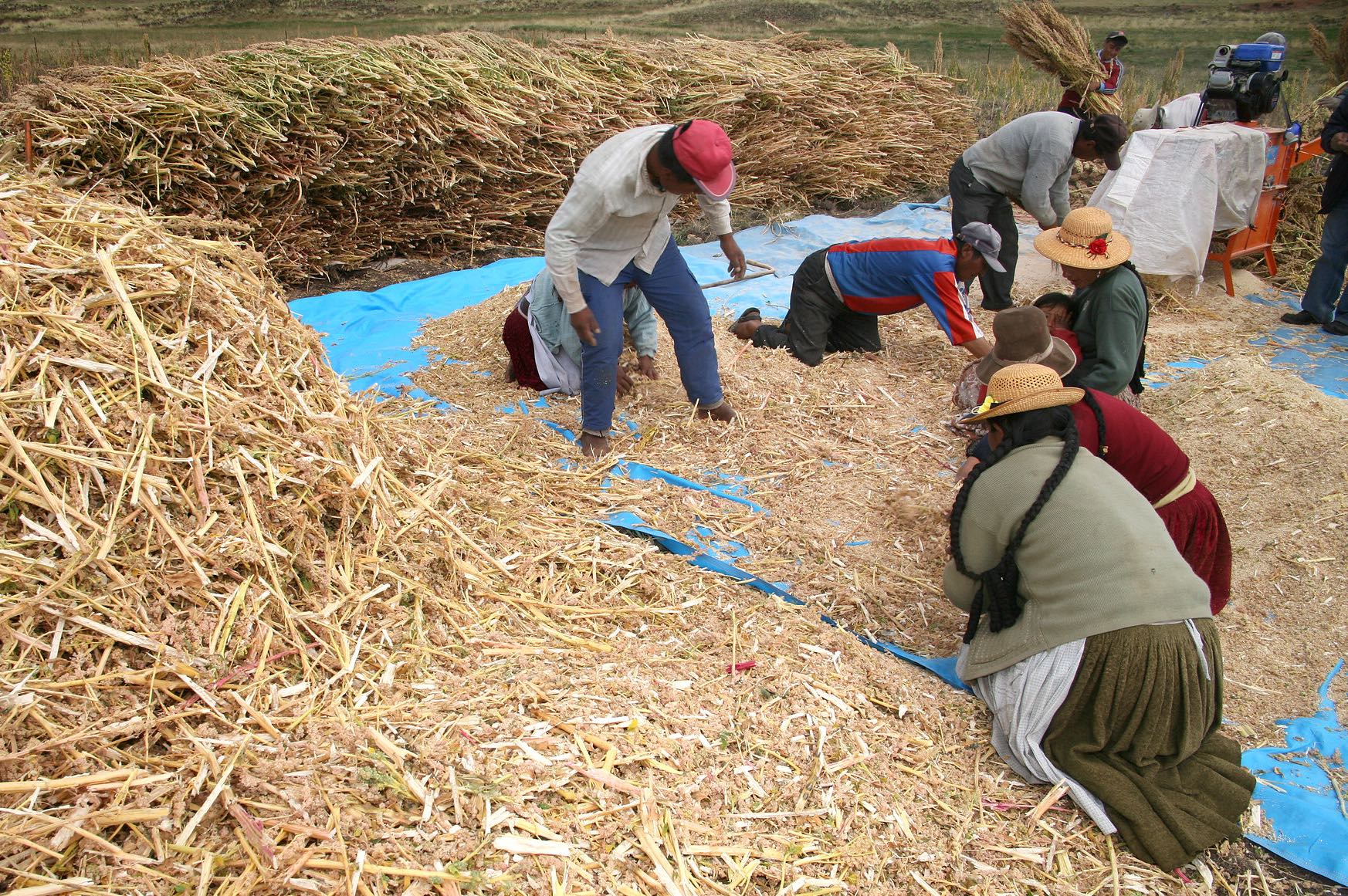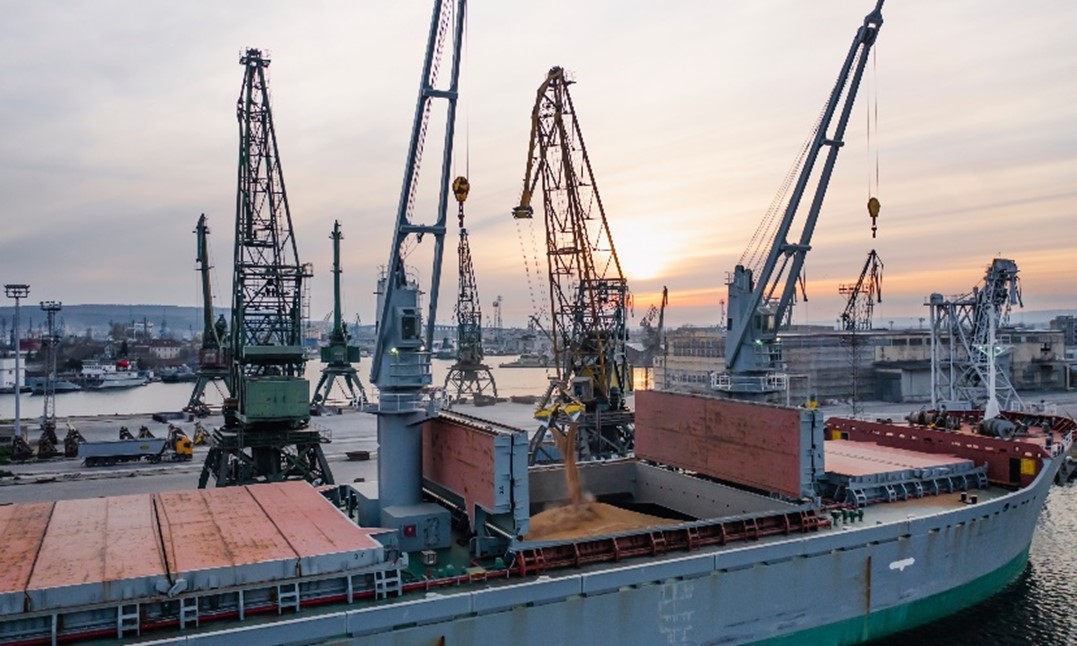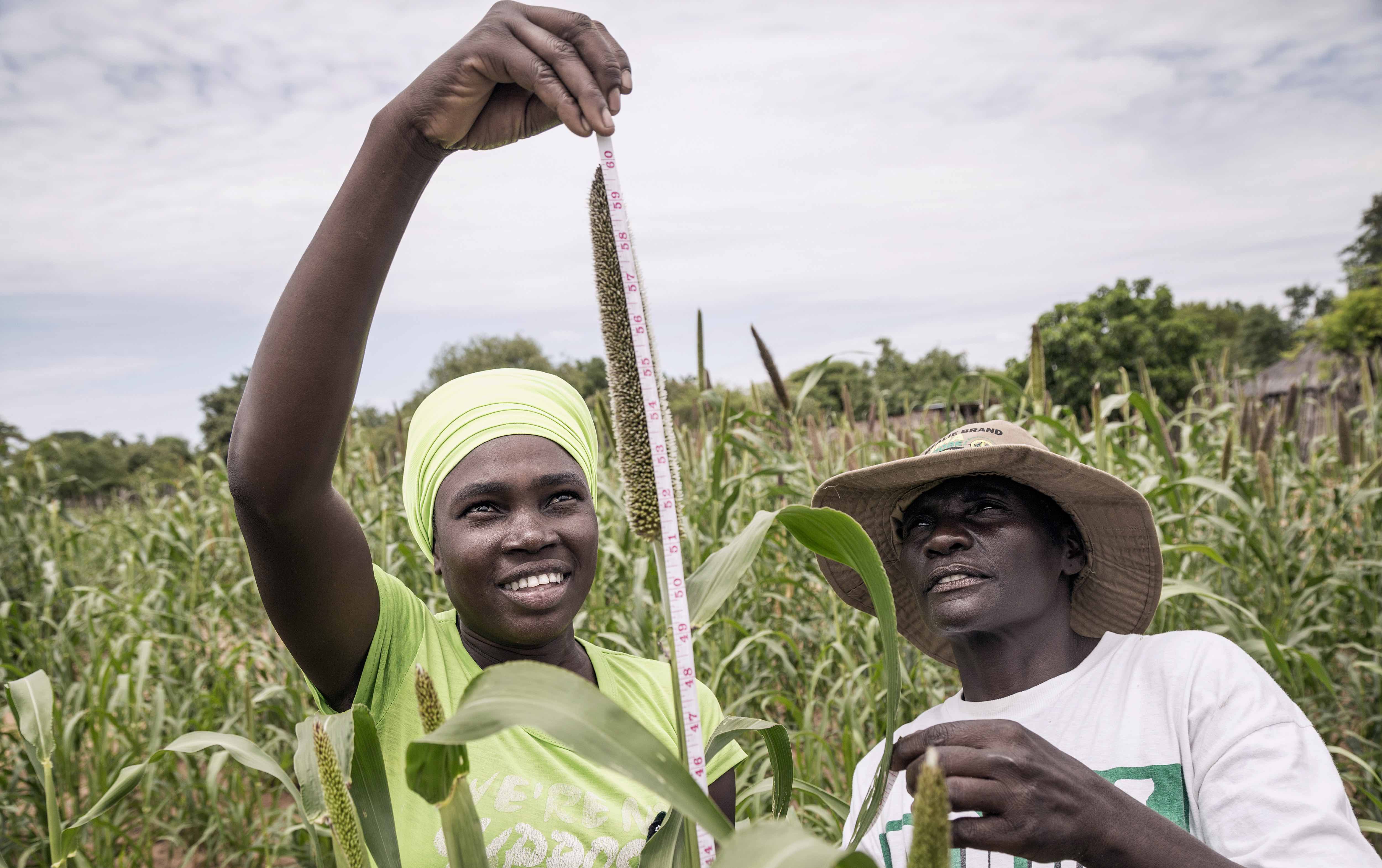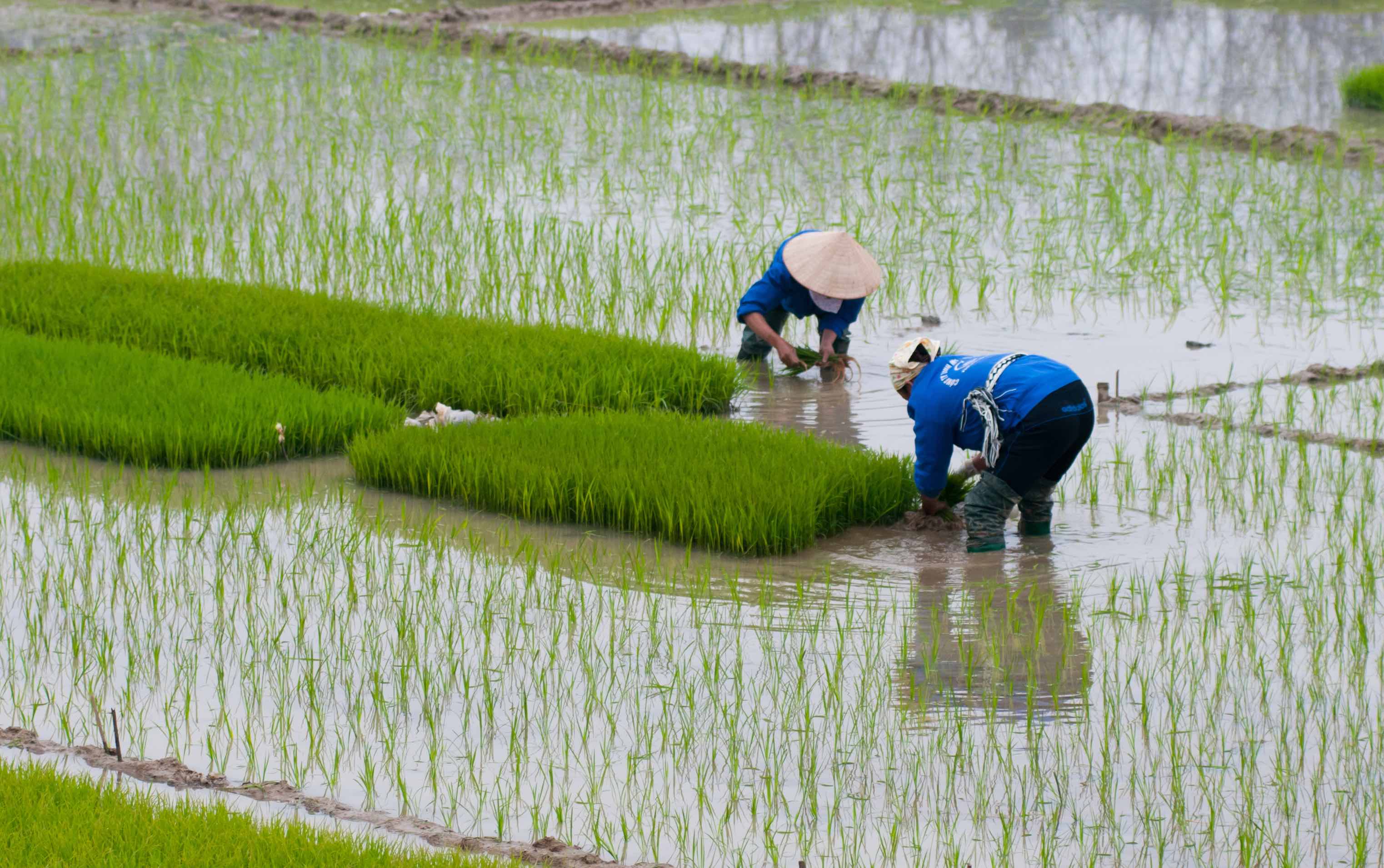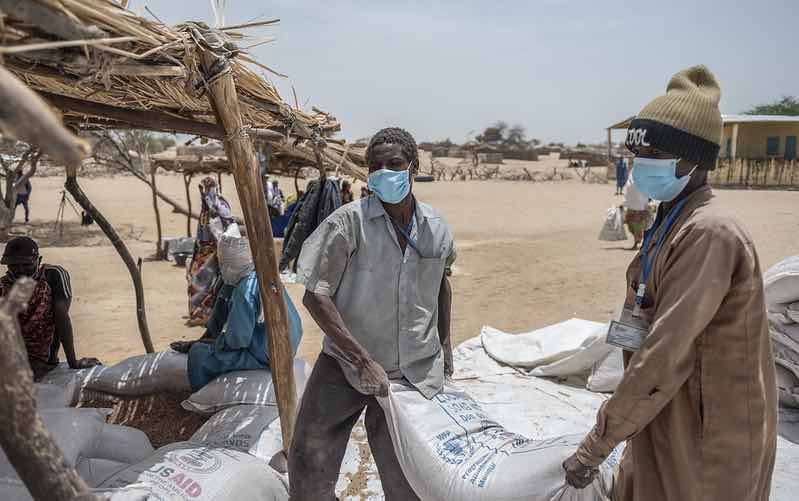Conflicts and other shocks have triggered rising food insecurity and malnutrition in many places around the world. This special blog series examines how these often-overlapping crises are impacting food systems at the global, national, and local levels. Contributors also evaluate policy responses to food system shocks, with a view to finding effective approaches that enhance the resilience of both national and global food systems. The series is co-edited by Joseph Glauber, IFPRI Senior Research Fellow, and Johan Swinnen, IFPRI Director General and Managing Director of CGIAR’s Systems Transformation Science Group.
This blog series was initiated in February 2022 when Russia’s invasion of Ukraine triggered trade disruptions and significant increases in international prices of energy, agricultural commodities, and fertilizer, which were already elevated due to the COVID-19 pandemic and related value chain disruptions. While those impacts are still being felt, this series has expanded to incorporate posts on new conflicts, such as those in Sudan and Gaza, as well as weather-related disturbances and other food system shocks.
Latest Blog
-
Russia terminates the Black Sea Grain Initiative: What’s next for Ukraine and the world?
New problems as a key agricultural trade route is cut off.
-
Realizing the potential of neglected crops in Latin America
Quinoa, acai, and other foods can expand markets and improve diets.
-
Increased tensions in Ukraine again threaten the Black Sea Grain Initiative
The collapse of the Nova Kakhovka dam and the damage of the ammonia pipeline renew worries about the deal termination.
-
Bringing back neglected crops: A food and climate solution for Africa
The promise of sorghum, kale, and other traditional food items.
-
Rice markets in South and Southeast Asia face stresses from El Niño, export restrictions
After a period of relative tranquility, trouble looms.
-
Six lessons learned from a year of multiple crises: Beyond the Russian invasion of Ukraine
Strategies and policies to build food system resilience.





